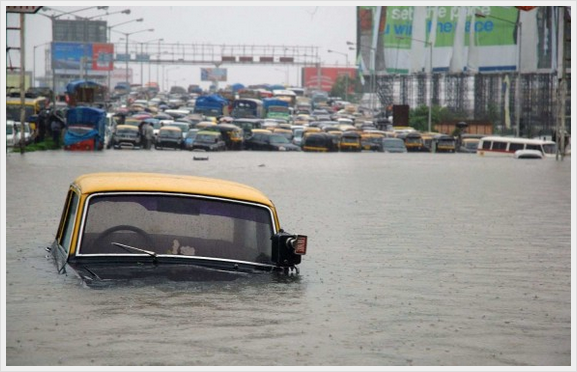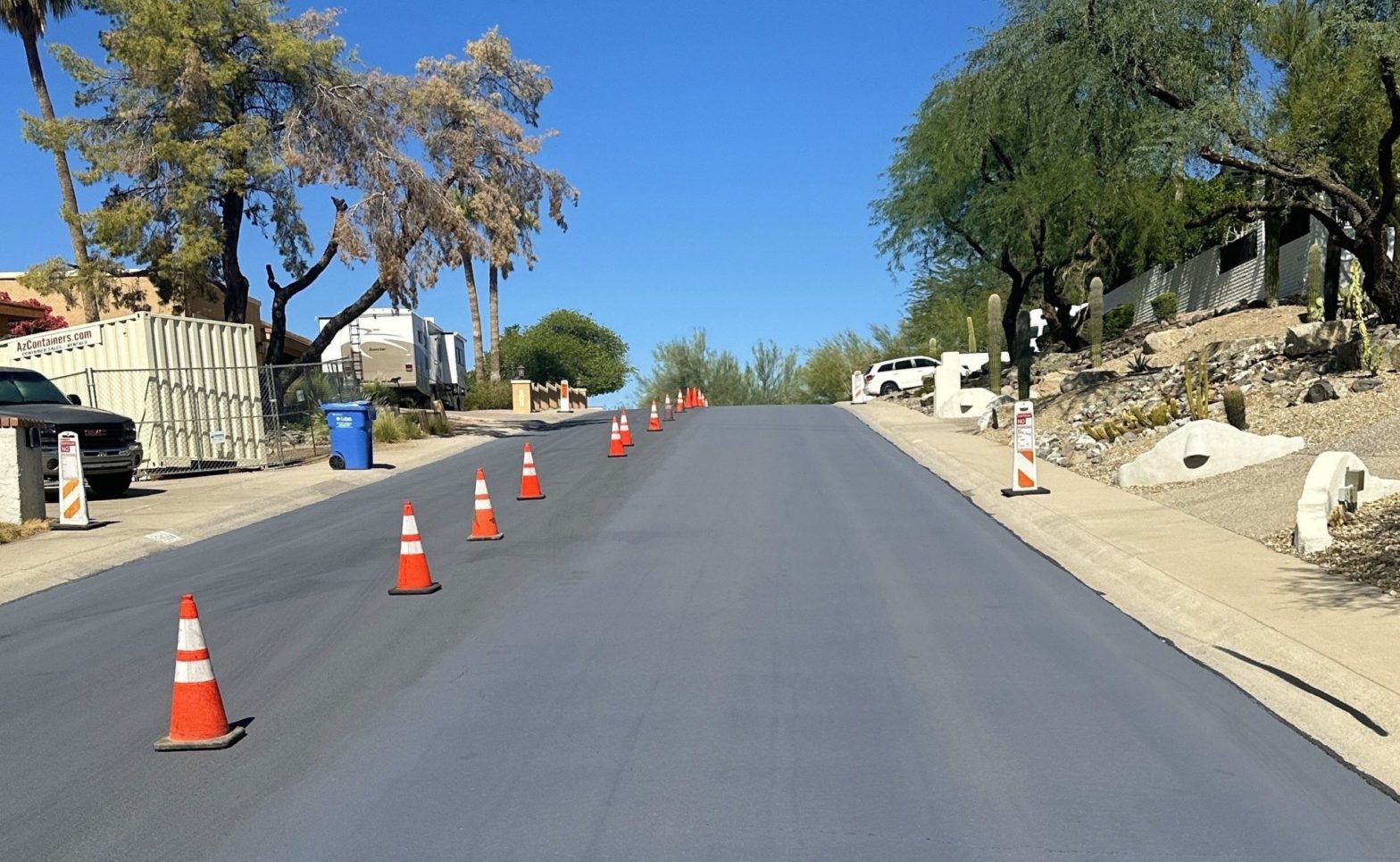
Photo: Mumbai
Cities could face global flood losses of US$1 trillion
19 August 2013
by Richard Forster
Average global flood losses will multiply from US$6 billion per city in 2005 to US$52 billion a year by 2050, according to a new study from the OECD and World Bank. By including the risks from sea-level rise and sinking land, global flood damage could cost US$1 trillion a year.
The joint OECD and World Bank study, Future Flood Losses in Major Coastal Cities, published in Nature Climate Change, examined maps and databases of population and world assets, flood-prone regions, storm frequency data, and cost of damage models for 136 large coastal cities. For the first time, it took into account existing coastal defences and their level of protection.
The study found that most coastal cities’ current defences against storm surges and flooding are designed to withstand only current conditions. These, however, aren’t prepared for the rising sea levels accompanying climate change that will make future floods more devastating.
“Coastal defences reduce the risk of floods today, but they also attract population and assets to protected areas and thus put them at risk in case the defences fail, or if an event overwhelms it,” said Stephane Hallegatte, Economist, World Bank, who led the study. “If they are not upgraded regularly and proactively as risk increases with climate change and subsidence, defences can magnify–not reduce–the vulnerability of some cities.”
In terms of the overall cost of damage, the cities at the greatest risk are: Guangzhou, Miami, New York, New Orleans, Mumbai, Nagoya, Tampa, Boston, Shenzhen, and Osaka. The top four cities alone account for 43 percent of the forecast total global losses.
However, according to the study, developing-country cities move up the list when flood costs are measured as a percentage of city gross domestic product (GDP). Many are exposed to tropical storms and sinking land.
The study lists the 10 most vulnerable cities when measured as a percentage of wealth which are: Guangzhou, New Orleans, Guayaquil, Ho Chi Minh City, Abidjan, Zhanjing, Mumbai, Khulna, Palembang and Shenzhen.
The findings add to a series of recent studies, led by the World Bank’s Turn Down the Heat reports, that have looked closely at expected rises in sea level and their impact on vulnerable regions around the world.








